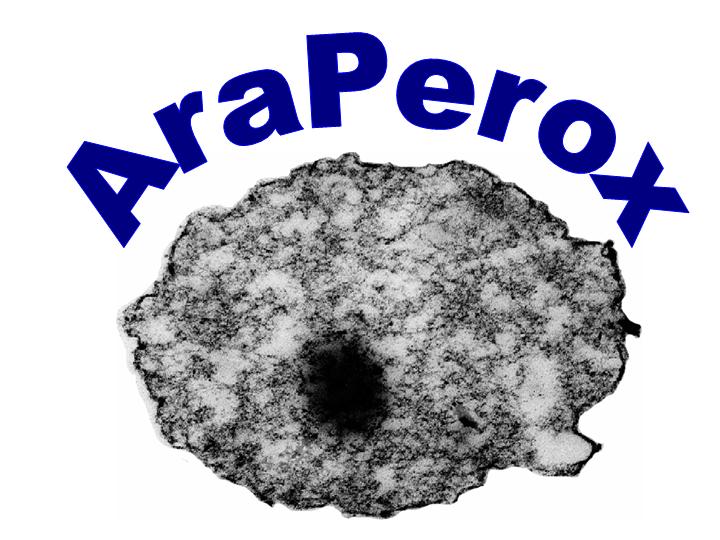 |
Peroxisome Biology of Plants and MicroalgaeResearch group by Prof. Dr. S. ReumannCentre for Organelle Research (CORE) University of Stavanger, Norway |
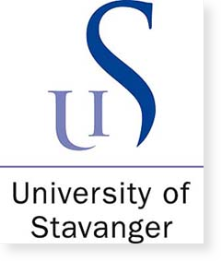 |

|
|
Reumann lab > Group members | ||||||
Dr. Gopal Chowdhary |
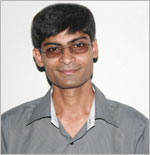 Dr. Gopal Chowdhary 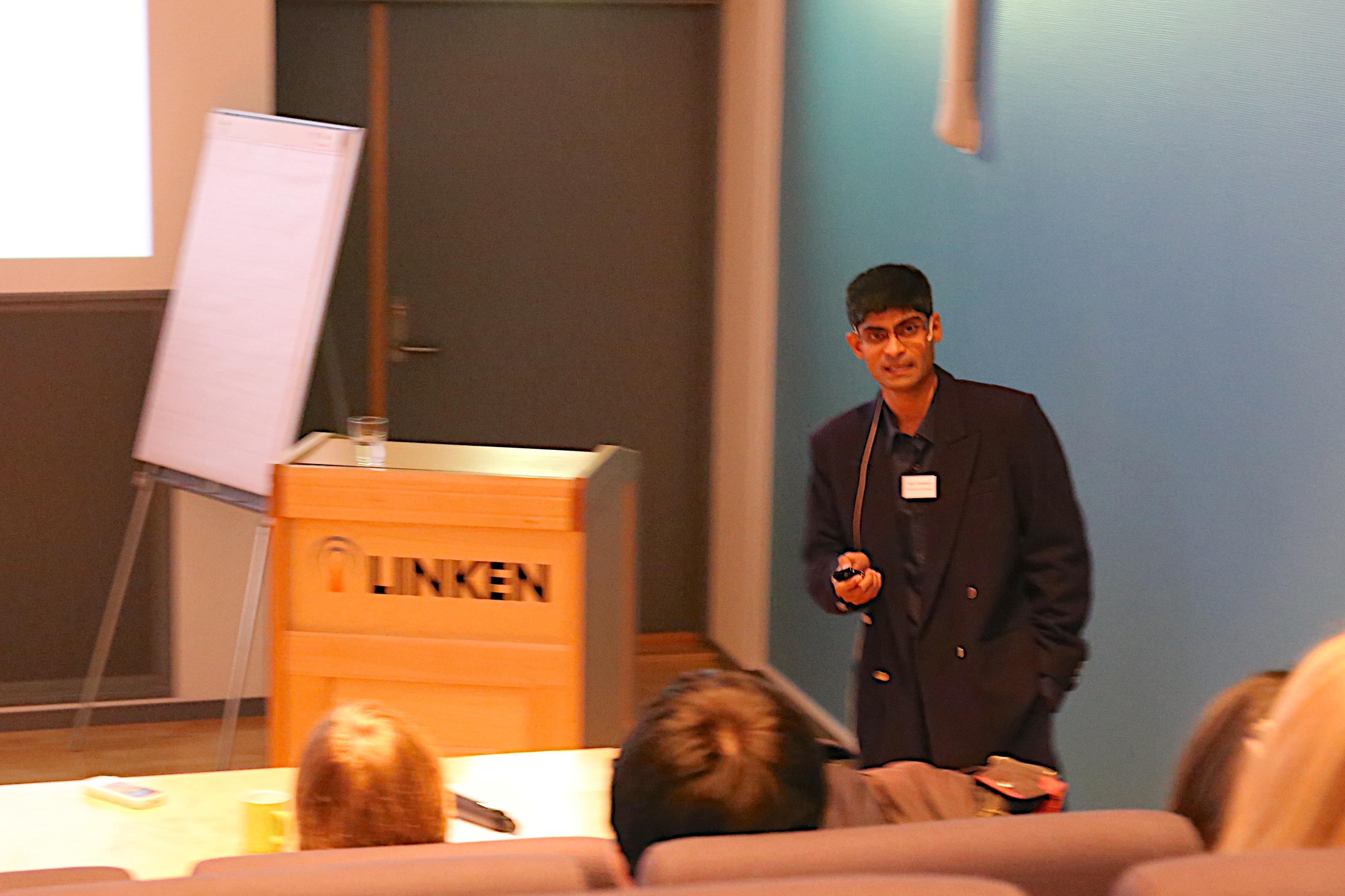 Invited presentation at the PlantBio Conference in Tromsø (Norway), Nov. 2013 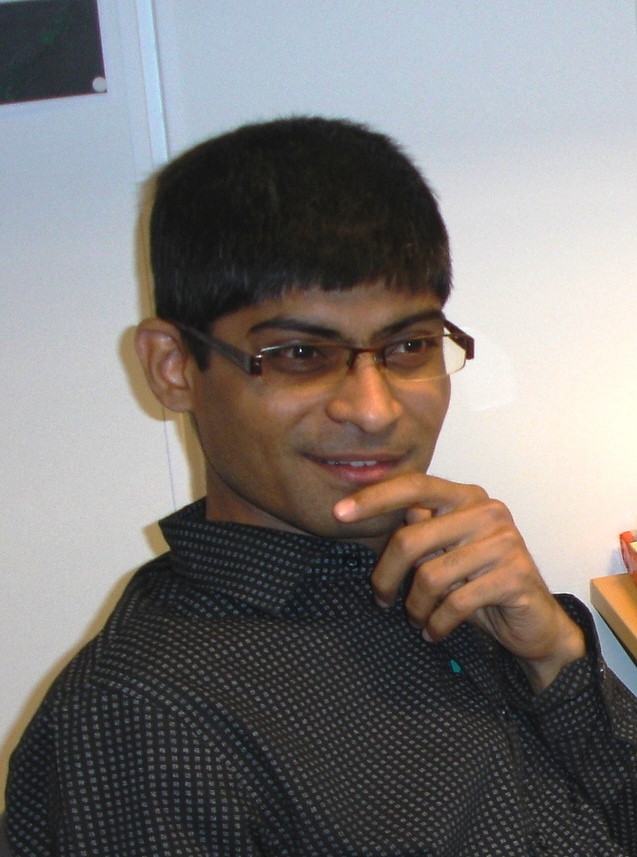 Which research project next? 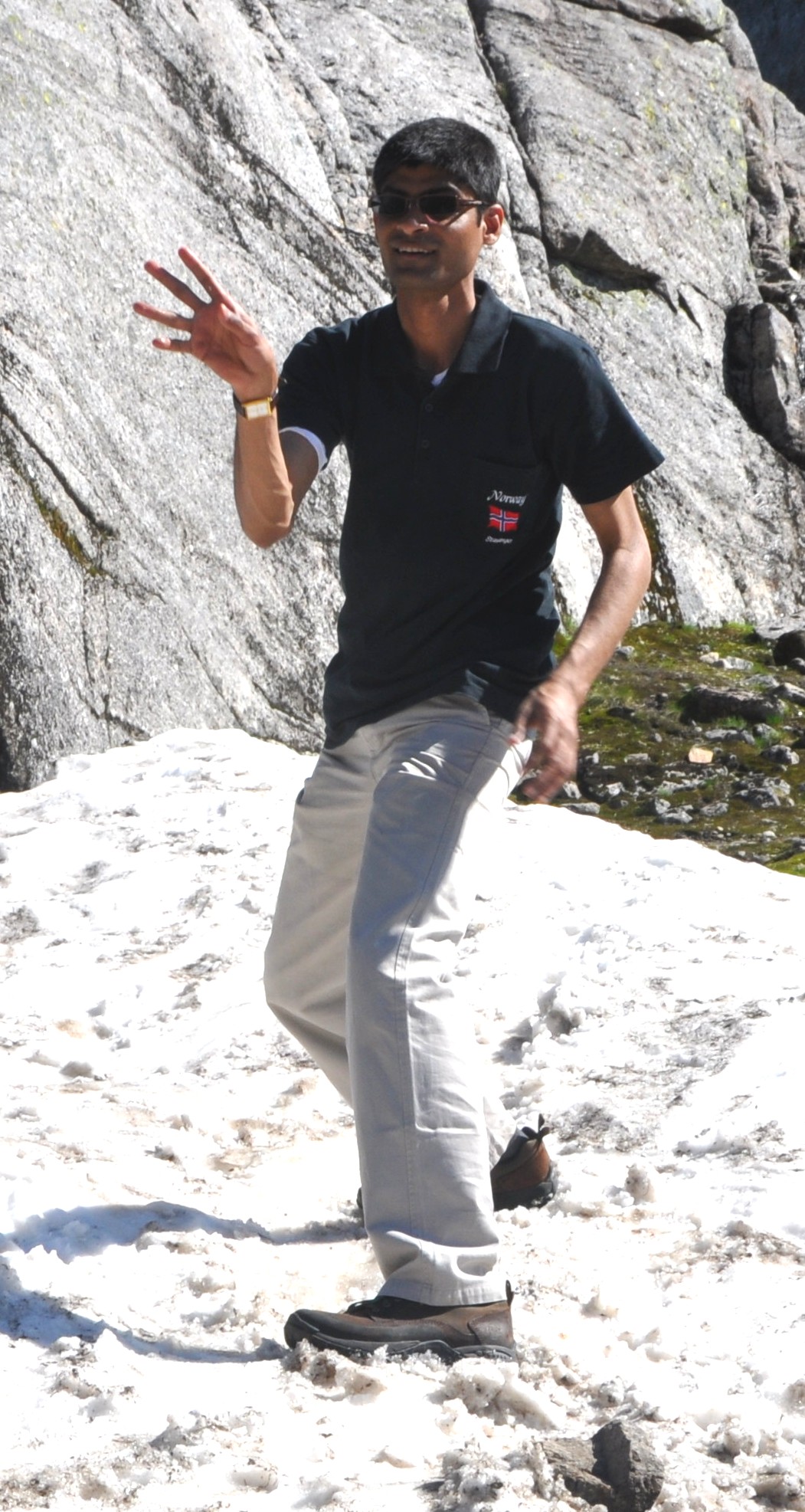 Snow in August on the Kjerag |
||||||
| Position | Postdoctoral fellow | ||||||
| Nationality | Indian | ||||||
| Postdoctoral project | I. Peroxisome-mediated mechanisms of abiotic stress tolerance in plants Due to immobile in nature, plants cannot escape from the environmental adversaries. To withstand them, plants have developed sophisticated tolerance mechanisms. The damage to world agriculture caused by abiotic stresses amounts to billions of dollars. According to an estimate of the International Panel on Climate Change (IPCC), the global temperature will rise up to 30C with the advent of climate change, thereby increasing the frequency and intensity of drought conditions (IPCC, 2007). The global population is expected to reach 9 billion by 2050, 60-70% of which be living in developing and underdeveloped nations. With the current trend of loss of standing crop and ever increasing population it will be very difficult to keep pace with the demand and supply of major food grains. Due to scarcity of land it is also not possible to bring more areas under cultivation. The immediate solution to this problem lies in developing stress resistant plant varieties. We at CORE are trying to address this problem from the perspectives of peroxisomes. In our laboratory, which is leading in Arabidopsis peroxisome research, we are now trying to translate this knowledge to rice, considering the fact that over half of the world’s population depends on rice as a staple food crop. We are using a combination of bioinformatics, genomics and proteomics approaches. B. Differential efficiencies of peroxisome targeting signals Peroxisomal targeting signal (PTS) type I and PTS type 2 proteins are targeted to peroxisome via binding with their cytosolic receptors, PEX5p and PEX7p, respectively. However, the targeting efficiency varies with varying signal. Depending upon their targeting strength they are classified into strong, moderate and weak targeting signals. However, there are many others factors upon which the targeting strength depends. We are using a combination of in vitro localization method and biochemical methods to further characterize the targeting strengths and also to identify further novel PTS1 and PTS2 signals. This work is being carried out in collaboration with Alison Baker's and S. Warriner's group in Leeds (UK). |
||||||
| Funding | Research Council of Norway | ||||||
| Publications | Chowdhary
G., Kataya, A.R.A., Lingner,
T., and Reumann, S. (2012) Non-Canonical Peroxisome Targeting Signals:
Identification of Novel PTS1 Tripeptides and Characterization of
Enhancer
Elements by Computational Permutation Analysis. BMC Plant Biology
12,
142 Chowdhary G. and Kundu C. N. (2013) Induction of a C-Repeat Binding Factor Gene by Calcium to resist Low Temperature stress in rice. Int. J. Plant Physiol. Biochem. 6 142-145. Chowdhary G. K., Deswal R., and Sopory S. K. (2004) Purification and characterization of a PMA stimulated kinase and identification of PMA induced phosphorylation of a polypeptide that is dephosphorylated by low temperature in Brassica juncea. Biochem. Biophys. Res. Commun. 322: 420-427. |
||||||
| Education |
|
||||||
| Research interests | Abiotic stress, crop research,
transcription factors, subcellular targeting, confocal microscopy |
||||||
| Research expertise | Molecular biology, proteomics, bioinformatics | ||||||
| Contact | Dr.
Gopal Chowdhary Centre for Organelle Research (CORE) University of Stavanger Richard Johnsonsgate 4 N-4021 Stavanger, Norway Phone: +47-51831817 (Laboratory) Email: gopal.chowdhary[at]uis.no Homepage: http://core.uis.no; www.ux.uis.no/reumann |
||||||
|
|
|||||||